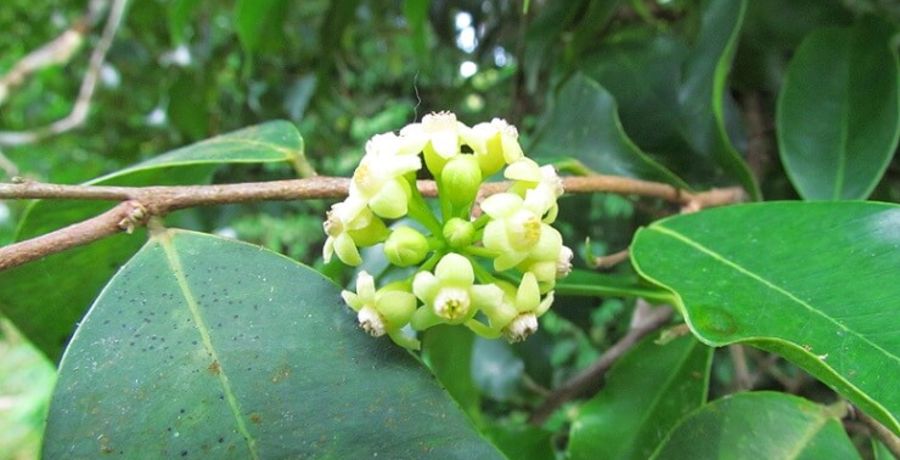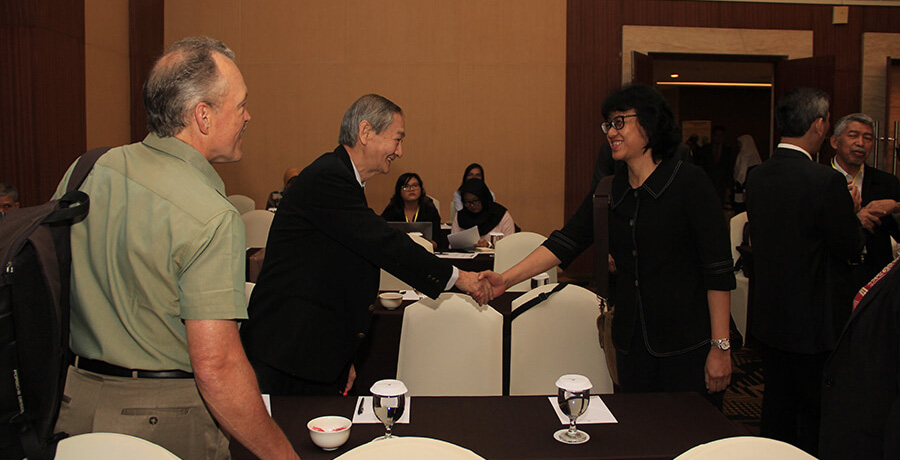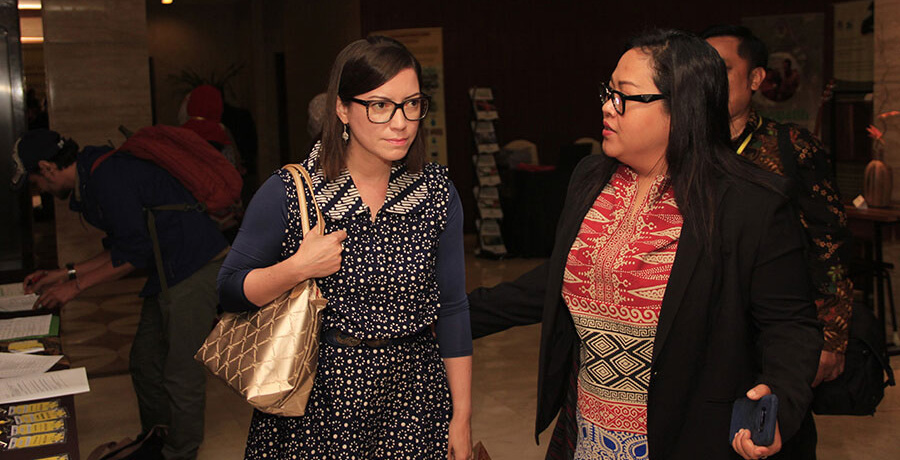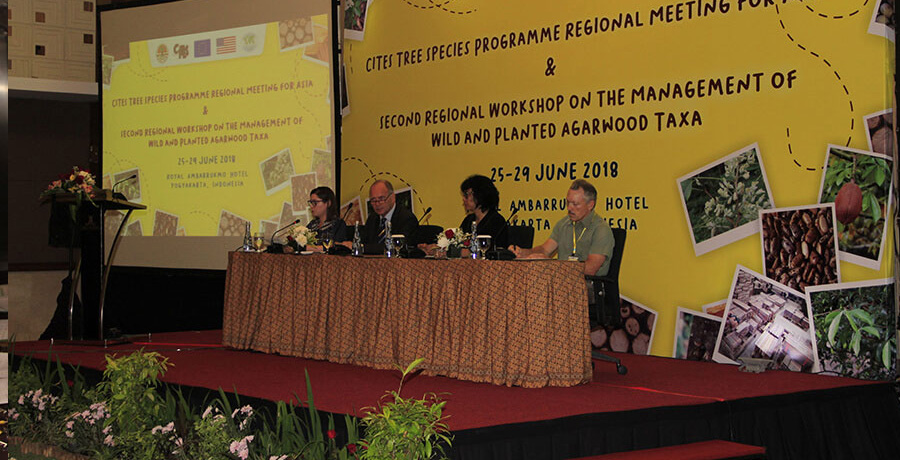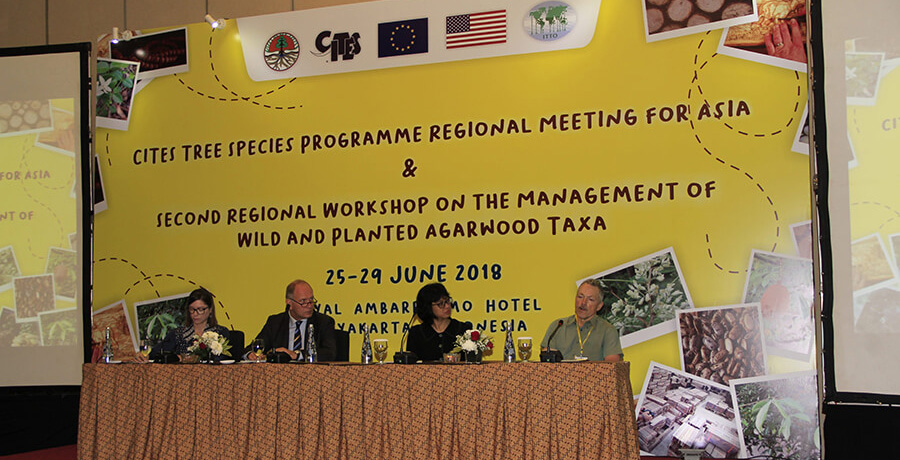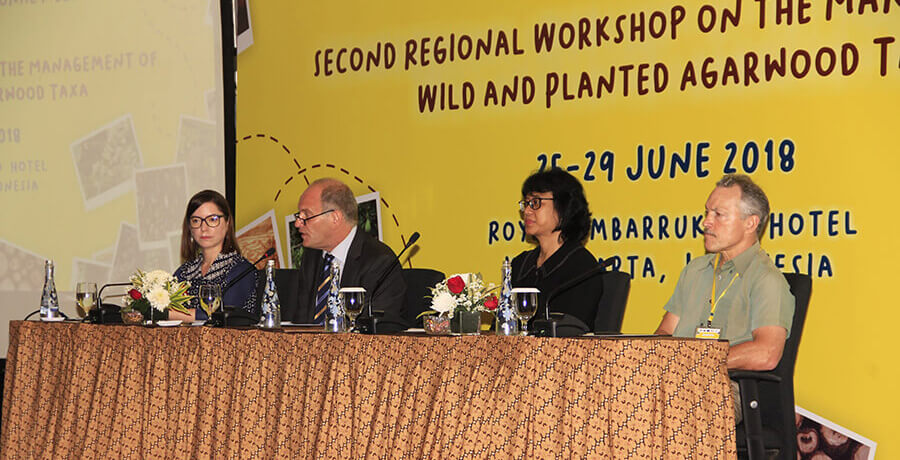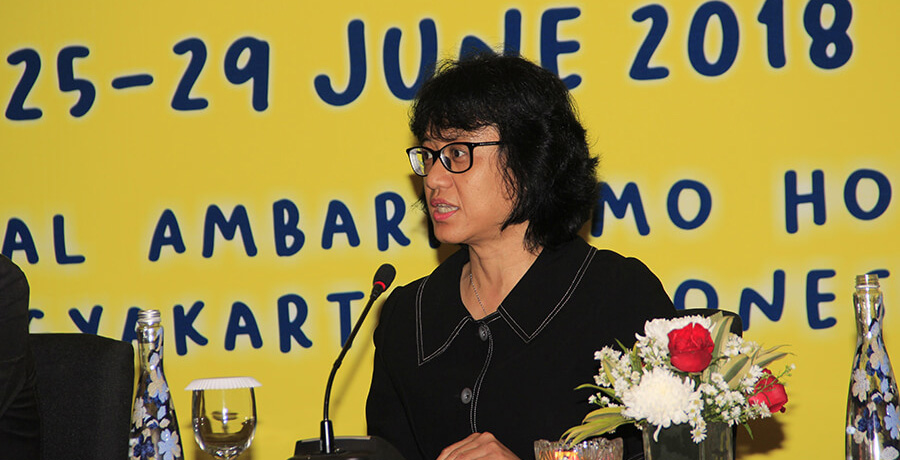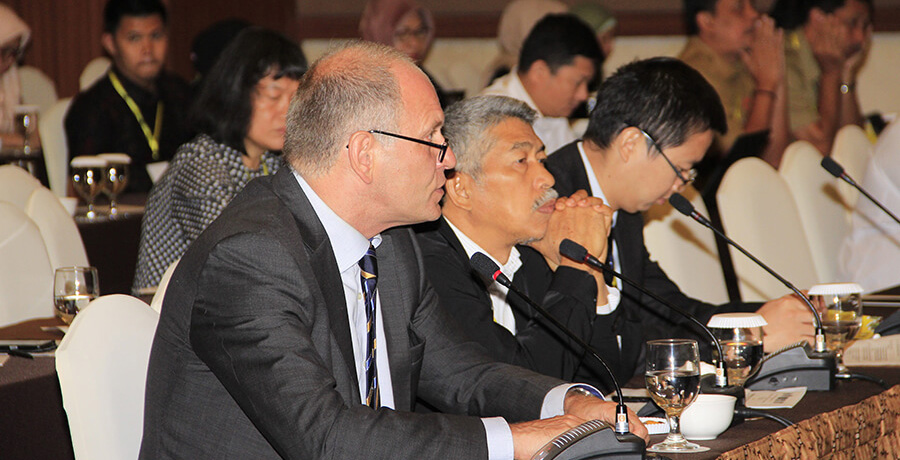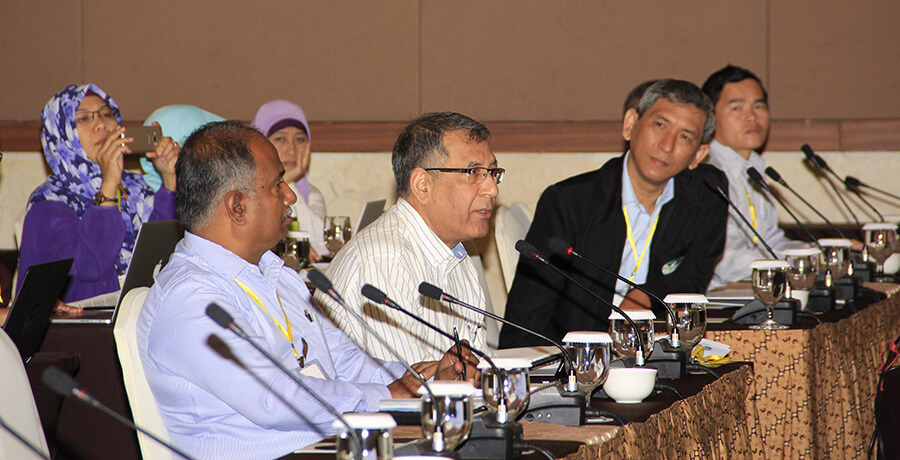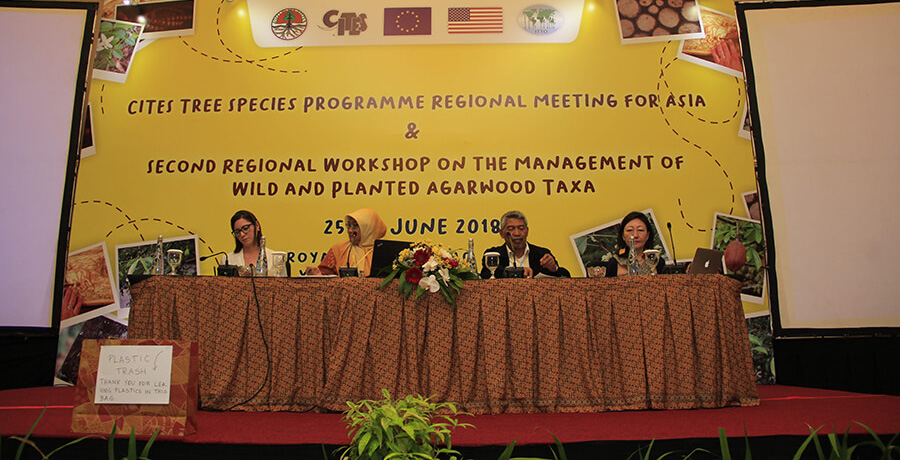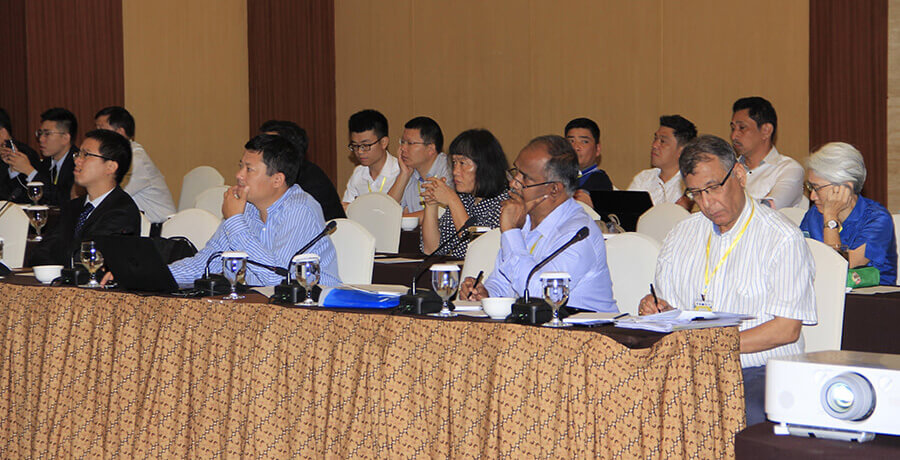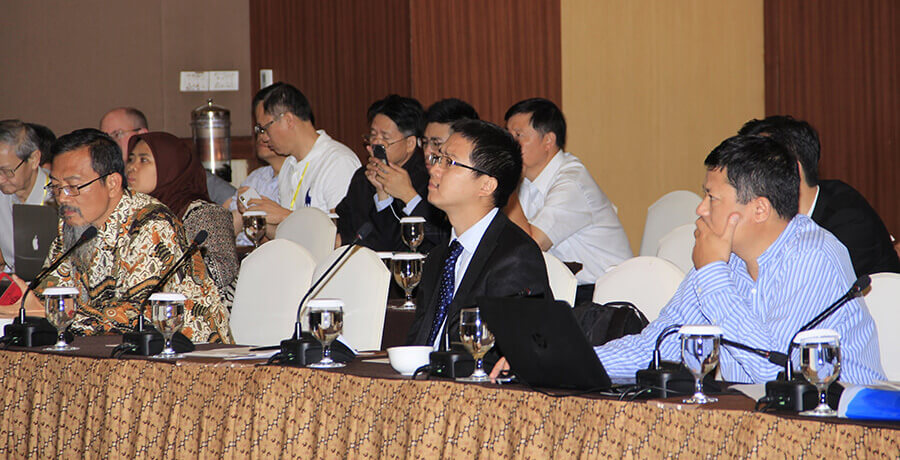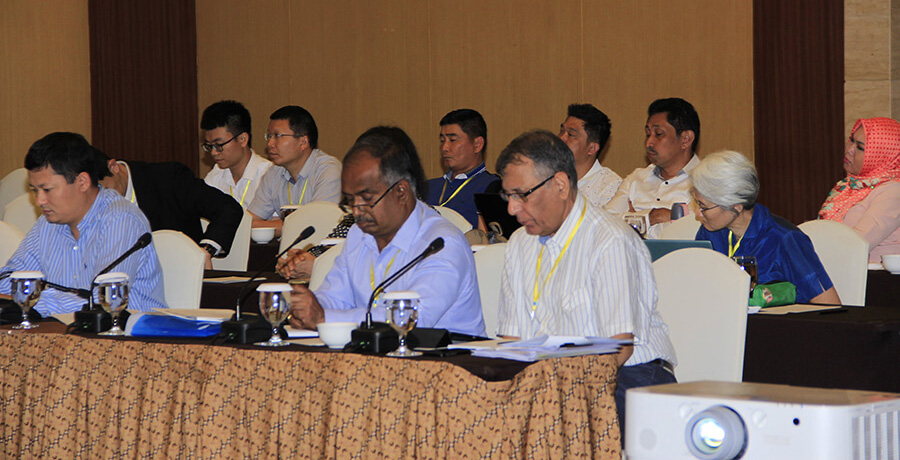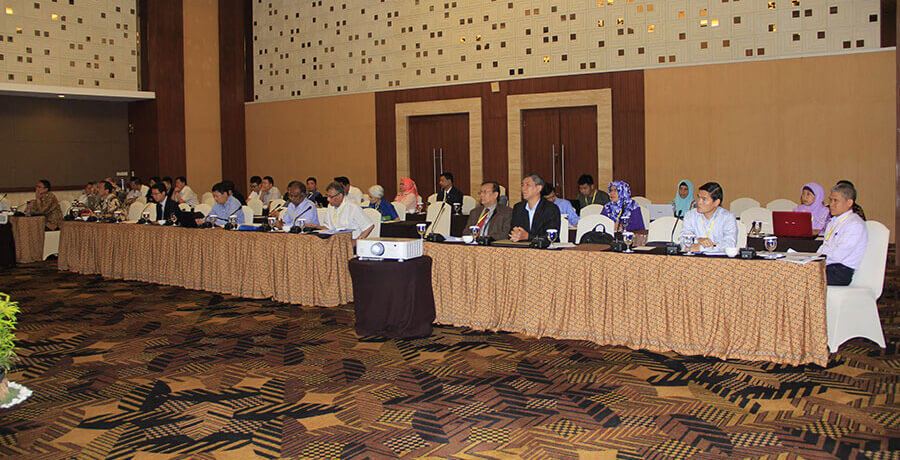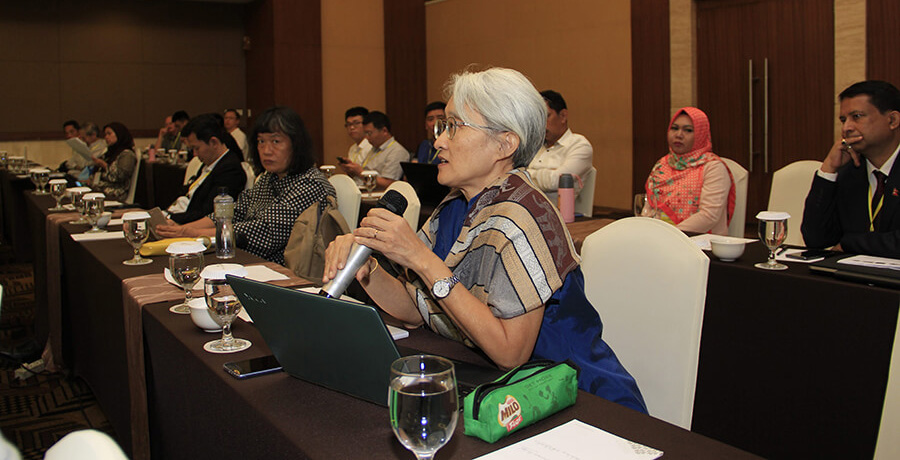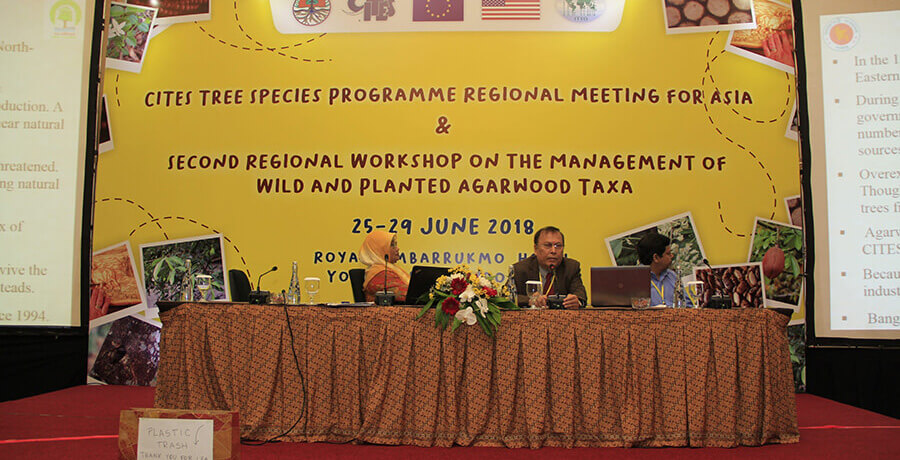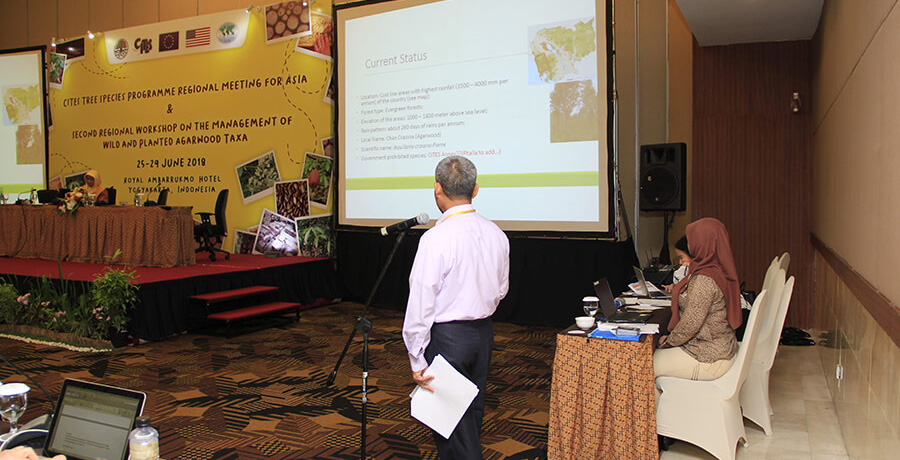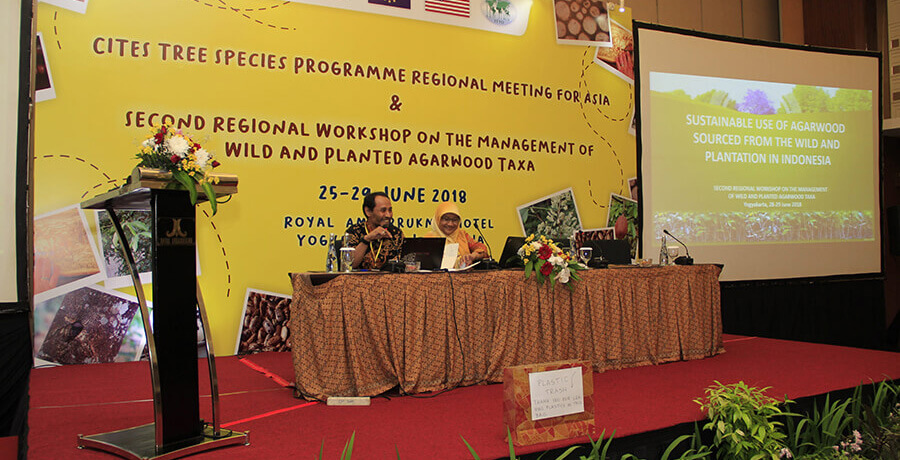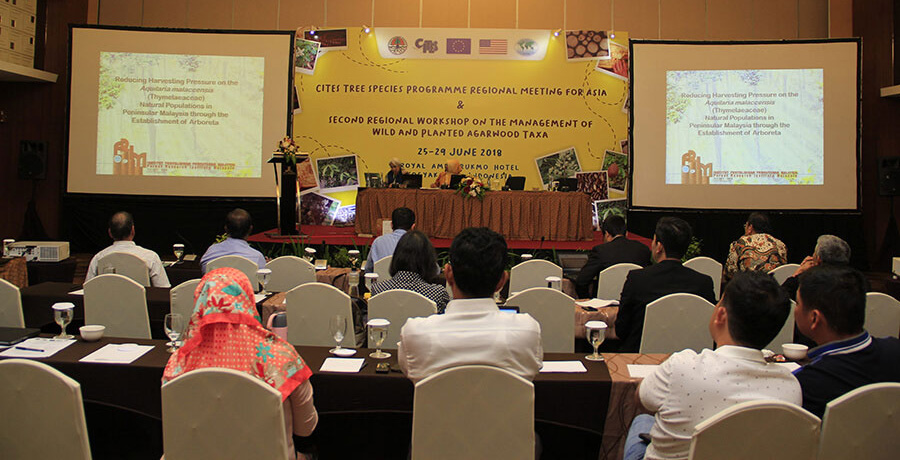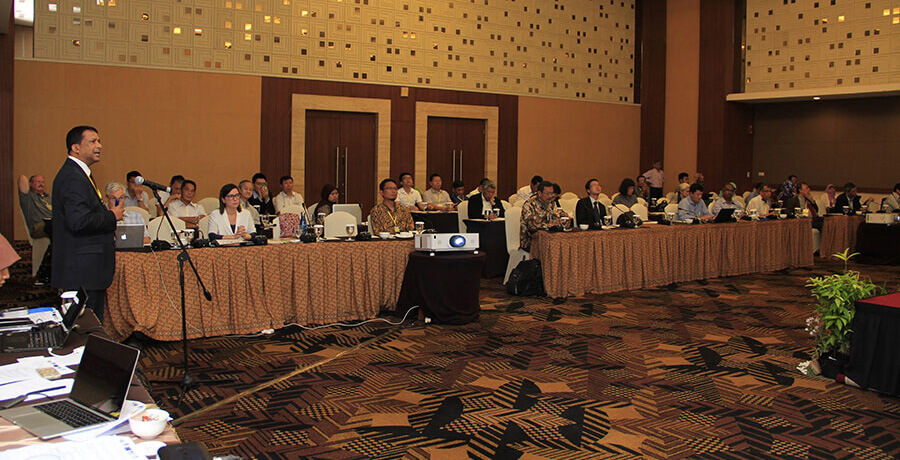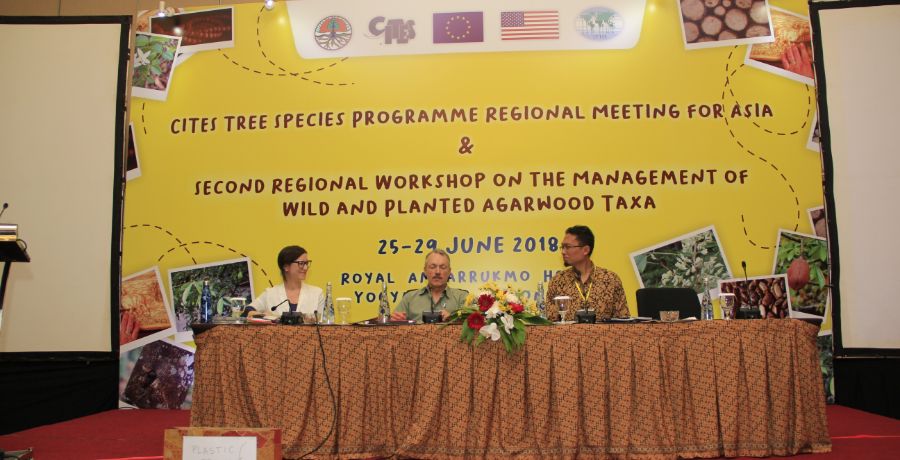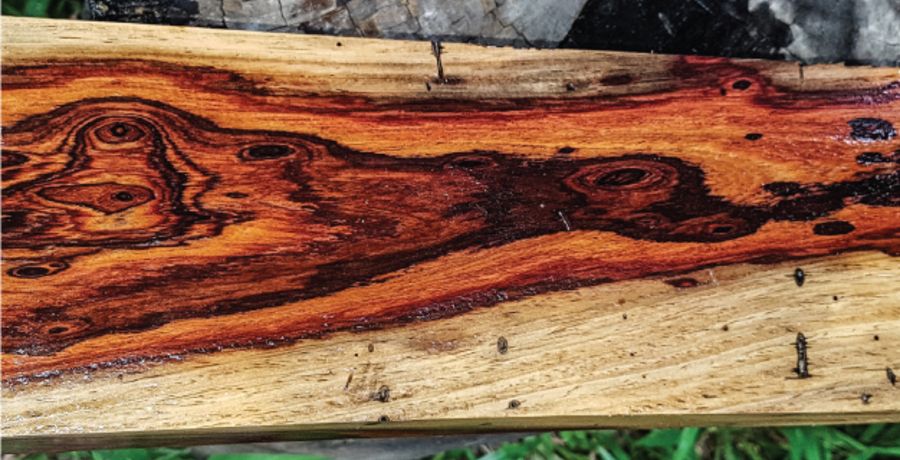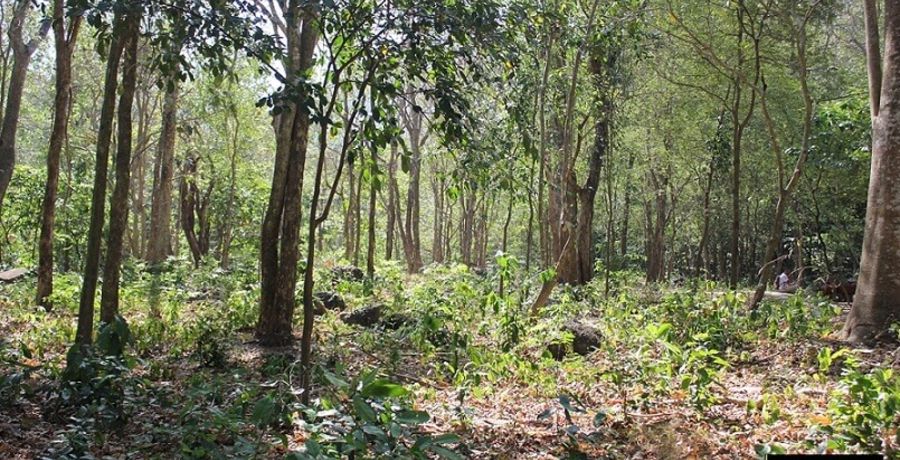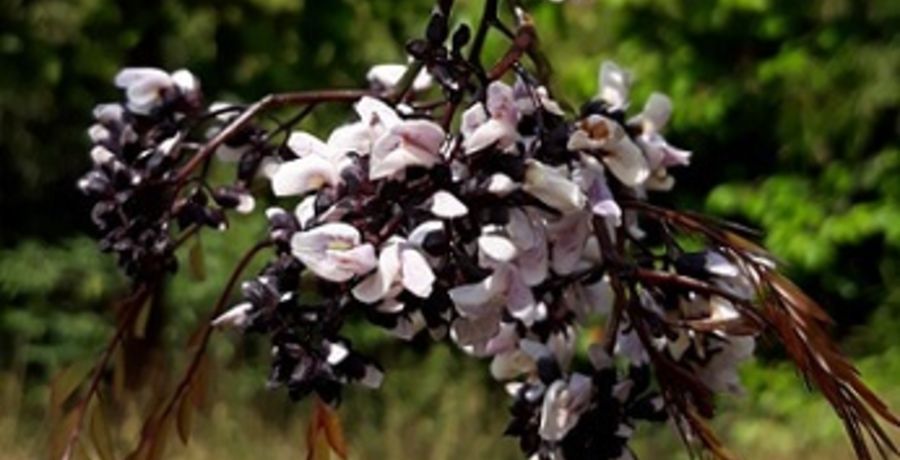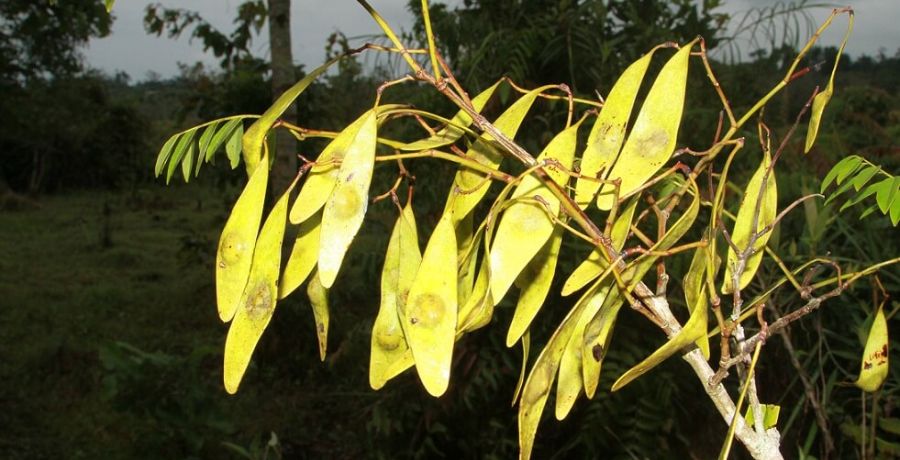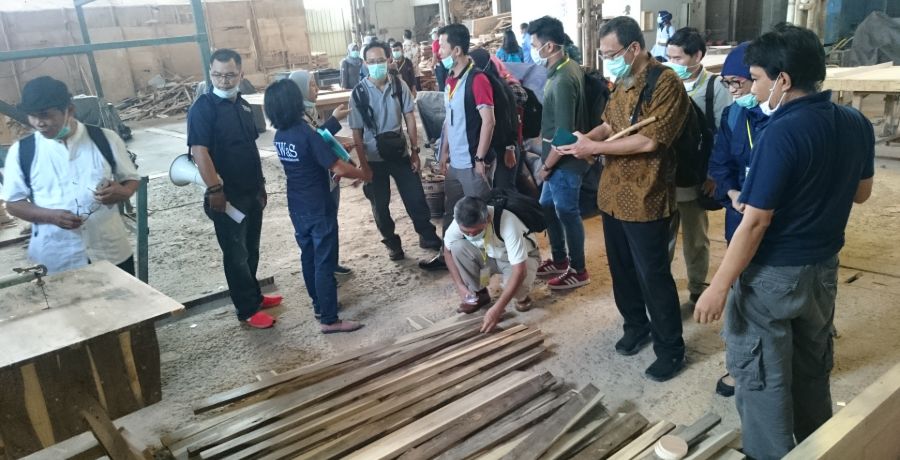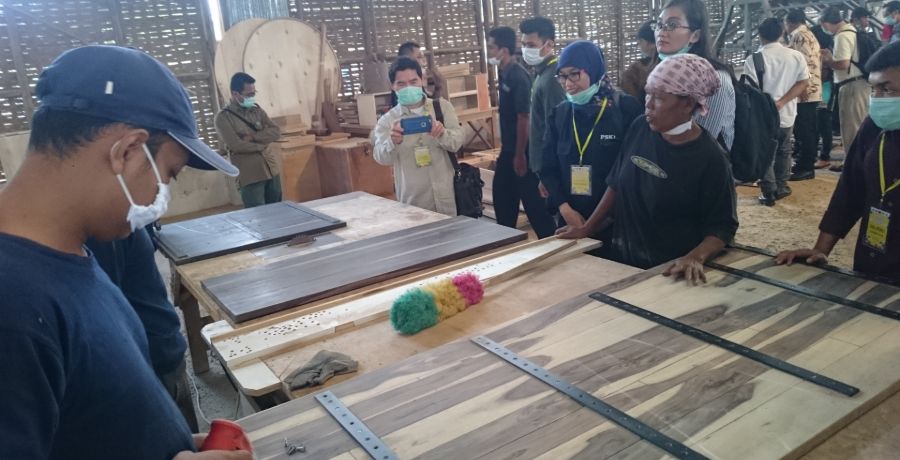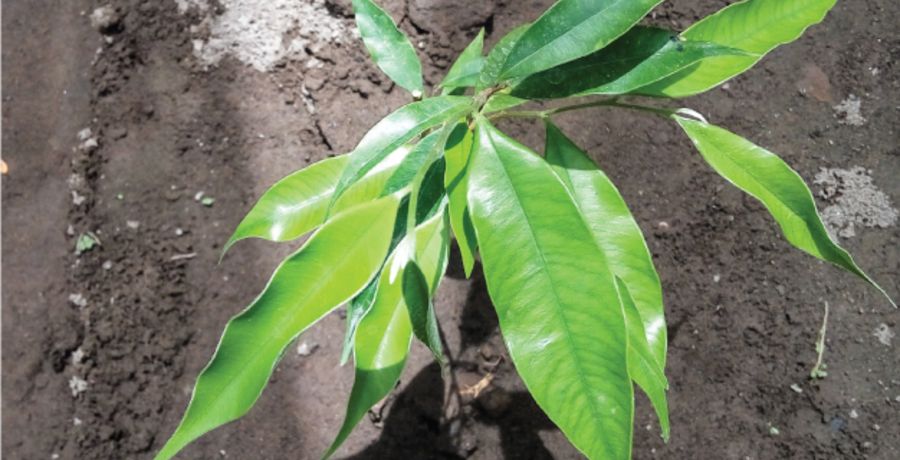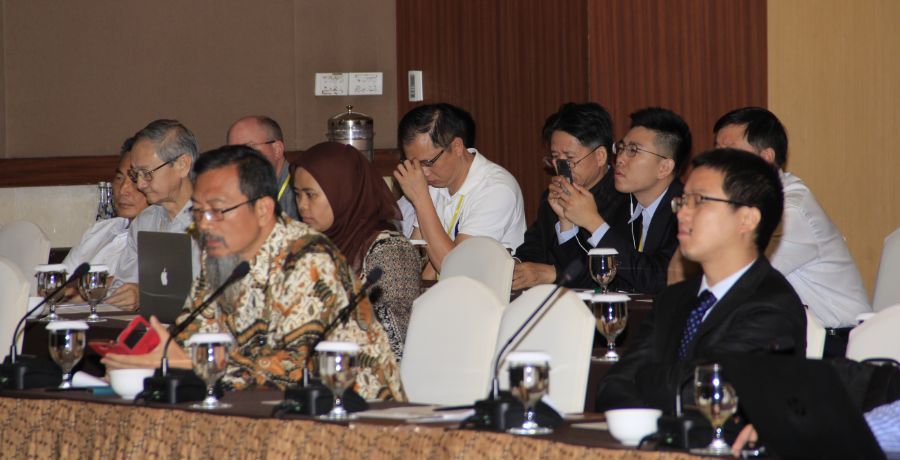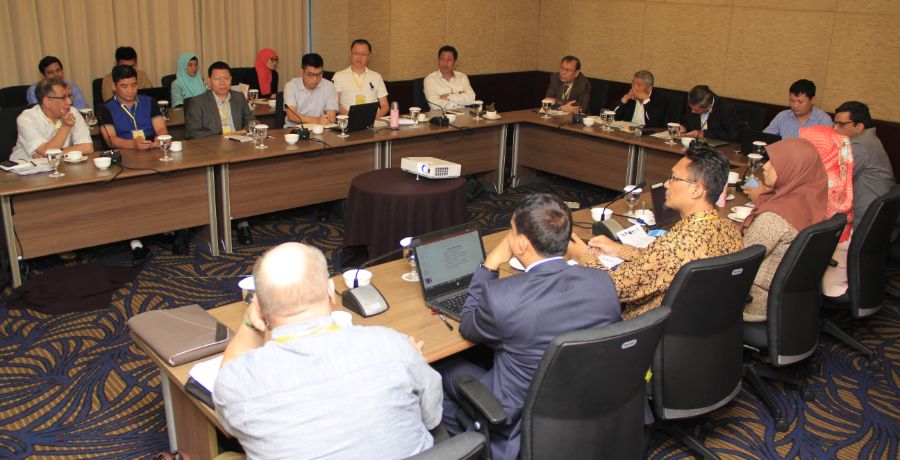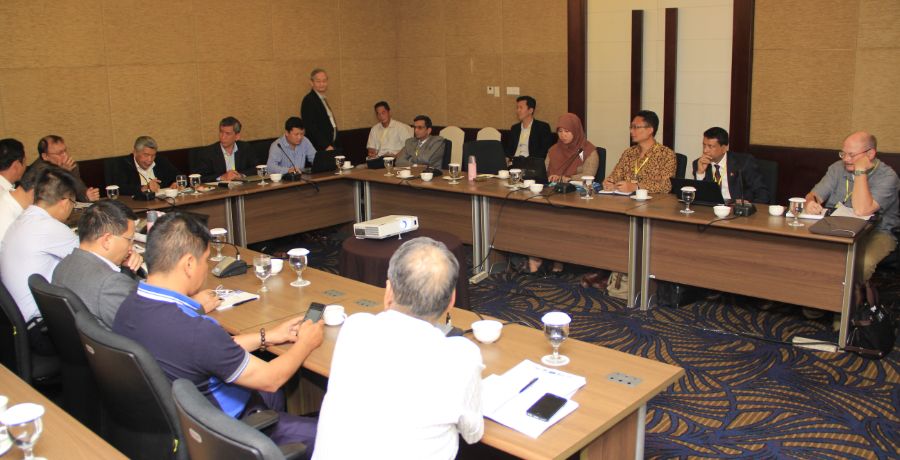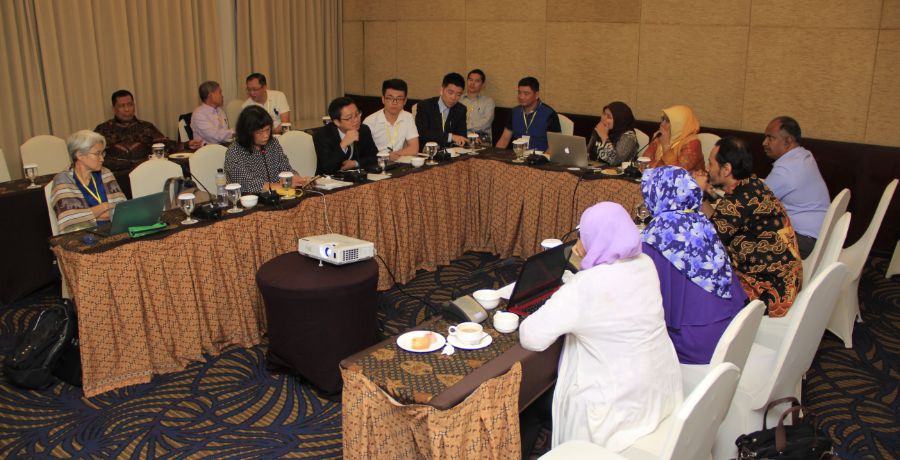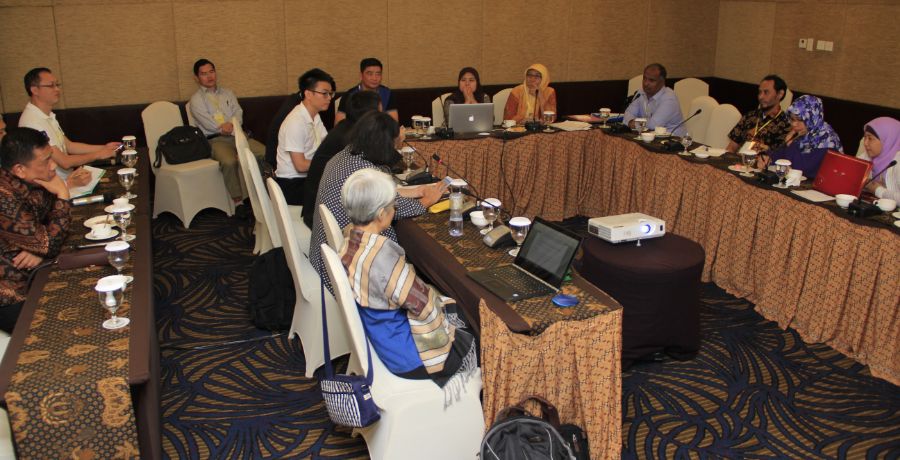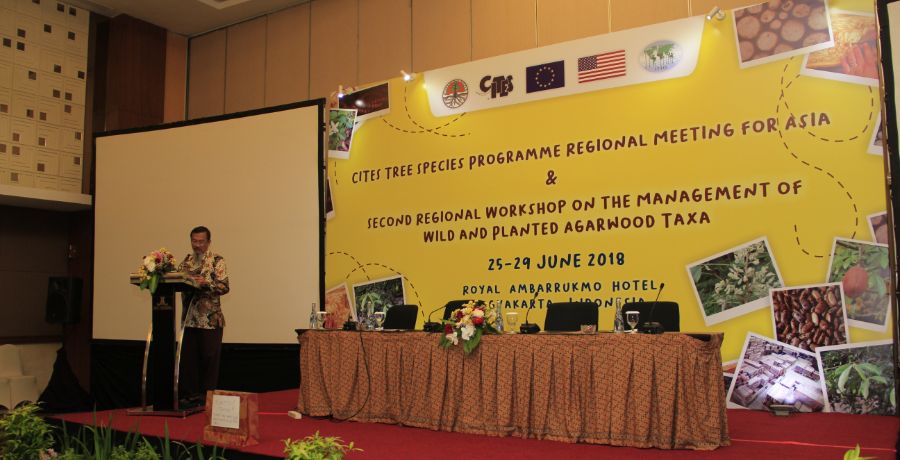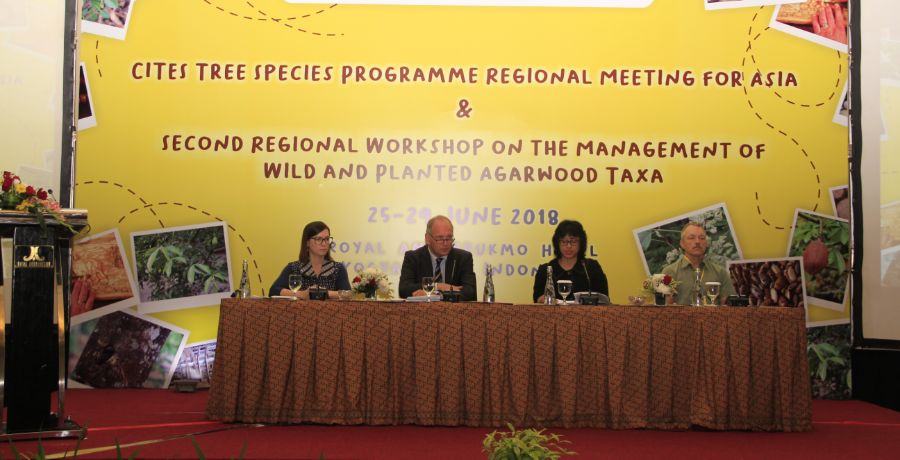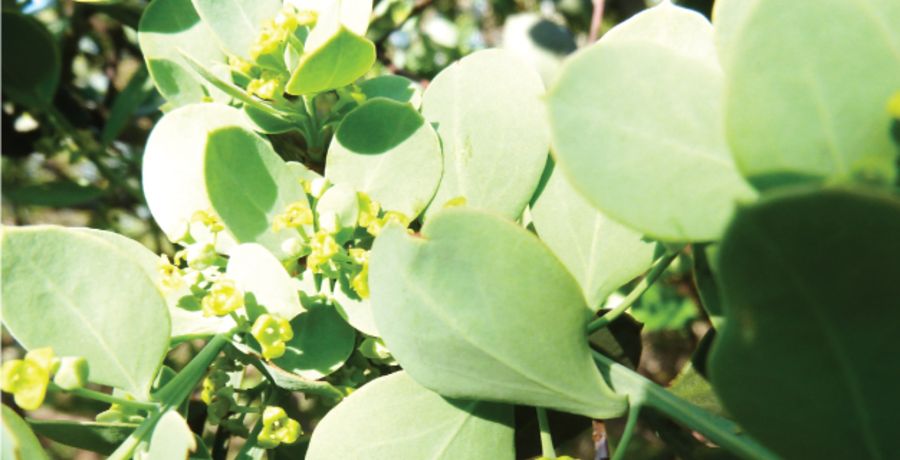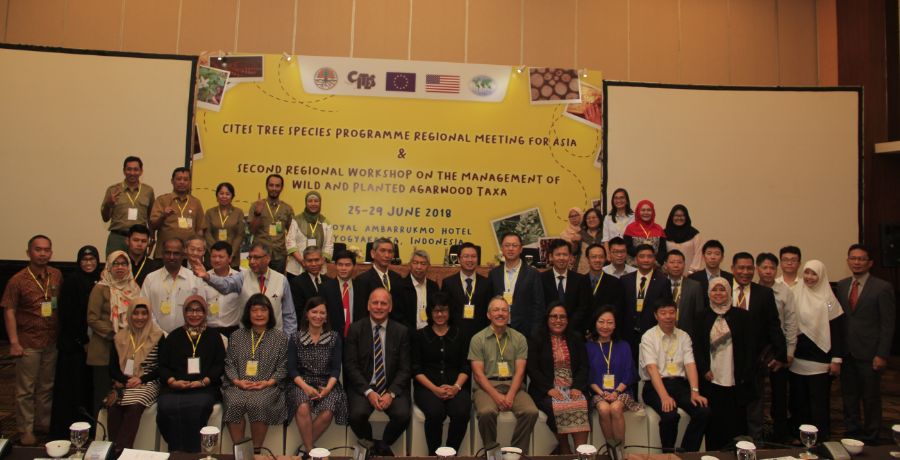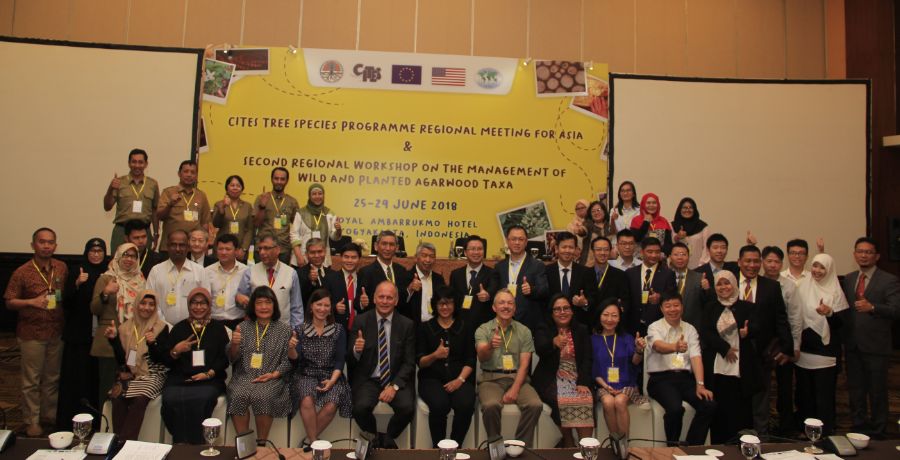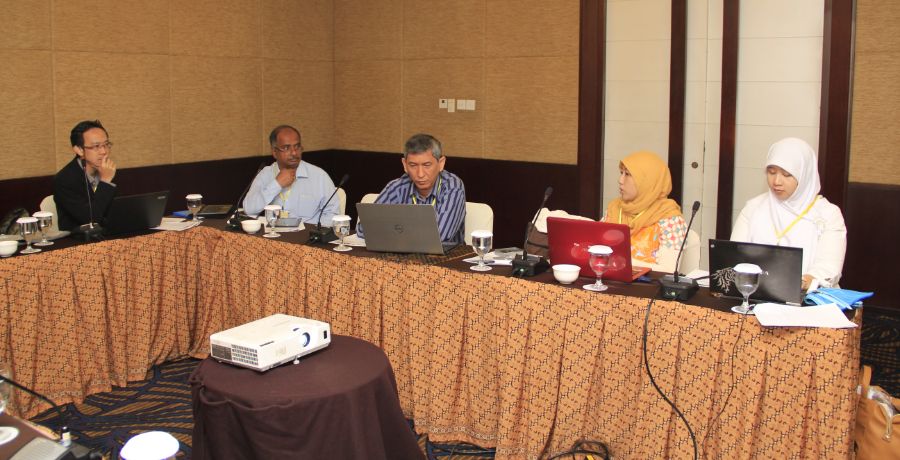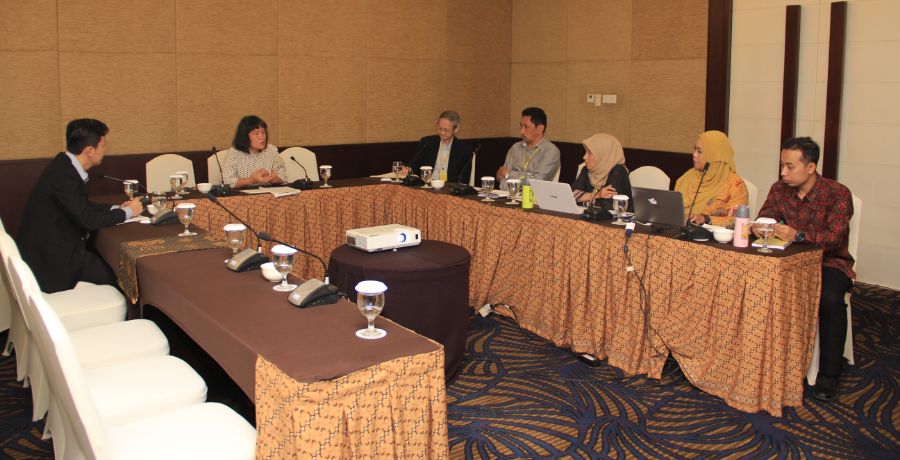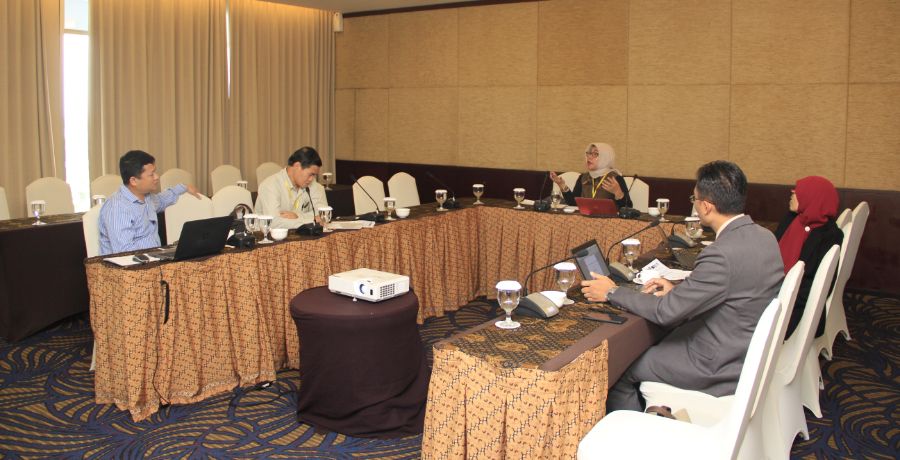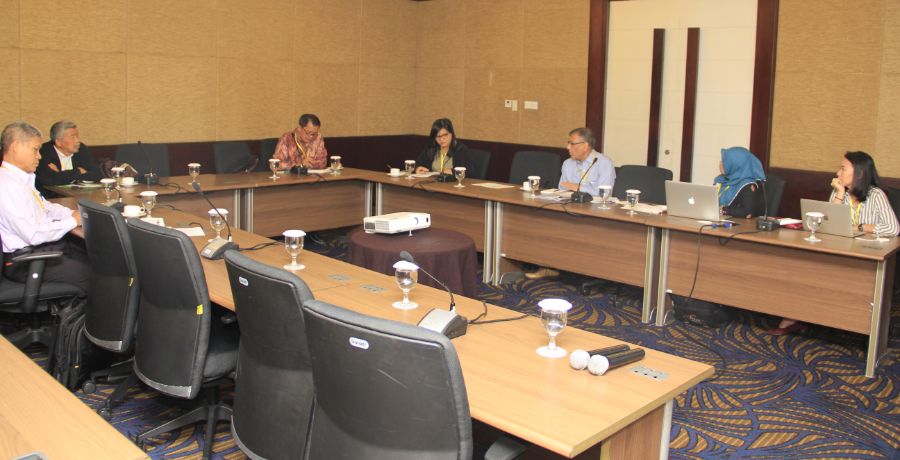Experts meet in Indonesia to review progress made in implementing CITES Tree Species Programme in Asia and enhancing trade regulation for agarwood
About 60 experts from 11 countries that are Party to CITES were brought together in Yogyakarta, Indonesia from 25 to 29 June 2018 at the CITES Tree Species Programme Regional Meeting for Asia and the Second Regional Workshop on the Management of Wild and Planted Agarwood Taxa, hosted by the Indonesian Ministry of Forestry with support of the International Tropical Timber Organization (ITTO) through the CITES Tree Species Programme.
CITES Tree Species Programme is aimed to ensure the sustainable management of rare tree species and their products, to contribute to legal, traceable, and fair trade in products from CITES-listed tree species, to improve and strengthen forest governance, policies for forest management, and enforcement capacity and ensure long-term benefit and to contribute to sustainable economic growth at country level, a healthy private sector, and long-term poverty alleviation.
The meeting reviewed the progress made so far in the implementation of the Programme in the Asian region and through the work on upcoming national projects. During the 3-day meeting, participants were provided a general overview of the CITES Tree Species Programme, the work done in Asia and particularly the on-going efforts in 5 countries (Cambodia, Indonesia, Malaysia, Thailand, Vietnam) through the revision and finalization of project proposals.
Each country at this workshop was represented by one person from the CITES Management Authority and the lead person of the project concerned. They had the opportunity to participate in working groups that addressed the identification of gaps and lessons learned and recommendations for follow-up activities, including new target species and work lines on different but closely related fields: 1) Non-detriment Findings (NDF); 2) Marking and traceability; 3) Tree species product identification; and 4) Capacity building and Governance.
The third day was dedicated to a field trip to sawmills and field sites to continue discussions on various matters raised during the first two working days.
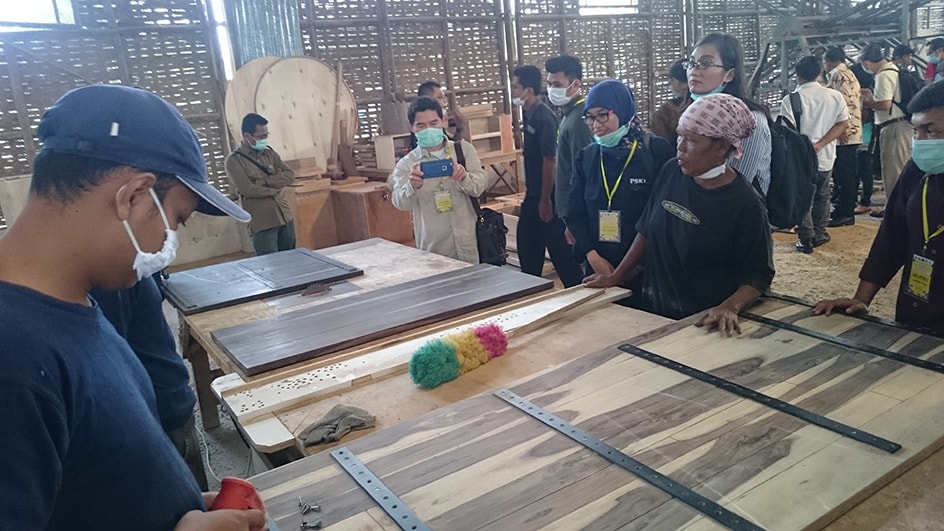
In line with Decision 19.197, the aim of the Second Regional Workshop on the Management of Wild and Planted Agarwood Taxa was to share experiences among range States in managing populations of agarwood producing species in both natural forests and plantations to formulate recommendations to help preventing over-exploitation of those agarwood populations and to ensure that legal international trade in wild agarwood does not exceed sustainable levels.
Participants were selected based on their experiences in agarwood species management in the wild and/or in plantations. They were given an overview on agarwood trade trends and regional trade flows for agarwood products. They also discussed how range States can cooperate to ensure the long-term survival of agarwood producing species in the wild through agarwood plantation programmes that integrate forest recovery programmes. Participants were splitted into two working groups to discuss natural forest management and plantation management respectively.
The recommendations of this workshop on how to balance both sources (natural and planted) of agarwood will be presented and considered at the on-going 24th meeting of the Plants Committee (Geneva, July 2018).
The Report on the Regional Meeting can be found here.
The Banner for the Regional Meeting can be found here.


